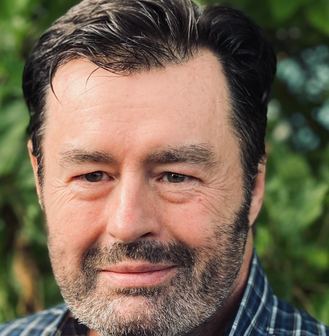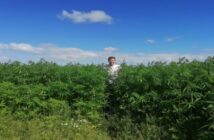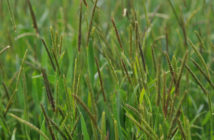Based in the UK and established in 2012, Synergy agrochemicals is focused on the registration and sales of quality generic formulation across Europe, including the UK. The company has a wealth of experience in the agrochemical industry and has a multinational sales force which distributes products across Europe, and which can communicate in fifteen different languages. The sales teams are embedded in the culture and agriculture of their individual countries. A consortium of the largest and most prestigious Chinese manufacturers of agrochemicals holds a 34% share in Synergy, ensuring continuous good supply of active substances. The company also has strategic alliances with suppliers in India and Europe.
100 active ingredients
The company can boast of being able to supply more than 100 active ingredients TEQ (Technical Equivalent) Registrations. A TEQ, according to the UK registration authority is when an active substance is assessed in the context of a plant protection product (PPP). A TEQ ensures that a new source of an active substance is just a safe as the approved source as detailed in the draft Assessment report (DAR). In Europe “the purpose of technical equivalence Is to determine the similarity with regards to the chemical composition and hazard profile of substances produced from a source different to the reference source,” as outlined on the ECHA (European Chemical Agency) web site. TEQ’s allow the active ingredient to be used in registered generic formulations in any EU country in which a TEQ has been granted. Key products with TEQ’s include alpha-cypermethrin, lamda-cyalothrin, deltamethrin, clethodim, chlopyralid, metamitron, metazachlor, nicosulfuron, prosulfuron, diflufenican, fluroxypyr and flufenacet.
Synergy has also gained rights to distribute Pangaea’s novel and patented technology across Europe. Pangaea Agrochemicals Ltd is focused on the design of innovative agricultural products, reducing chemical usage, minimizing effects on the environment, and reducing the risk to human health and on tackling one of the most challenging problems in arable farming, resistance to existing chemistry. They have developed new biotechnologies and a range of formulations with surfactants replaced by sustainably sourced plant-derived food-safe ingredients.




